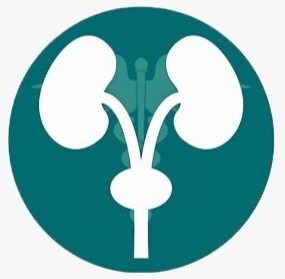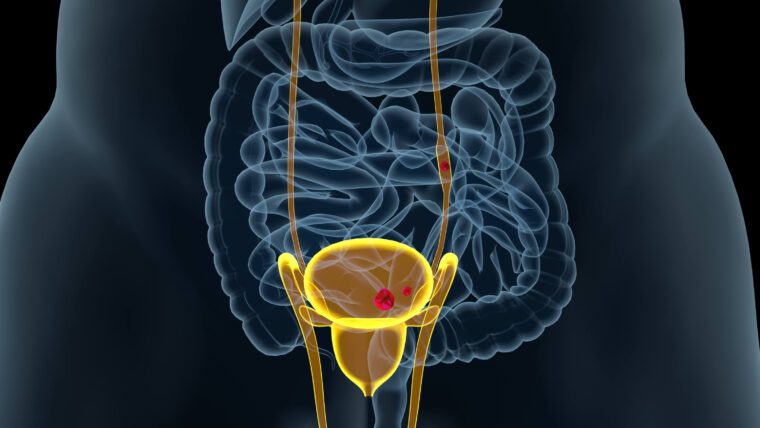Introduction to Prostate Exam
Taking charge of your health includes regular screenings and check-ups. When it comes to men’s health, one important examination to be aware of is the prostate exam.
This exam plays a vital role in detecting potential issues with the prostate gland, which is a small, walnut-sized gland located below the bladder and in front of the rectum.
In this complete guide, we will explore the procedure, importance, and frequently asked questions regarding prostate exams.
Purpose and Significance of Prostate Exam
Prostate exams, also known as digital rectal exams (DRE), are performed to evaluate the condition of the prostate gland.
The main purpose of this examination is to detect any abnormalities, such as the presence of lumps, enlargement, or other signs that may indicate prostate problems, including prostate cancer.
Prostate cancer is one of the most common types of cancer in men, and early detection significantly increases the chances of successful treatment and recovery.
Step-by-Step Procedure of a Prostate Exam
During a prostate exam, your healthcare provider will perform a physical examination of the prostate gland. Here is a step-by-step breakdown of what you can expect:
- Preparation: You may be asked to change into a hospital gown or undress from the waist down to ensure easy access to the rectal area.
- Patient Positioning: You will typically be asked to lie on your side with your knees drawn up towards your chest. This position allows the healthcare provider to perform the exam comfortably.
- Gloved and Lubricated Finger: The healthcare provider will wear a lubricated glove and insert a lubricated finger into your rectum to feel the prostate gland. While this may cause slight discomfort, it should not be painful.
- Prostate Examination: The healthcare provider will feel the prostate gland by pressing gently against the rectal wall. They will evaluate the size, texture, and any signs of abnormality. The examination usually takes only a few seconds.
Common Misconceptions and Concerns about Prostate Exam
Prostate’s exams can be a source of anxiety for many men due to misconceptions and concerns. Here are a few common myths and the corresponding facts that should help alleviate any worries:
- Myth: Prostate’s exams are extremely painful.
- Fact: While the examination may cause some discomfort or pressure, it should not be excessively painful. The discomfort is usually brief and well-tolerated.
- Myth: Only older men need prostate’s exams.
- Fact: While the risk of prostate problems increases with age, men of all ages should consider regular prostate screenings. Early detection is crucial in identifying potential issues and ensuring timely treatment.
FAQs about Prostate Exam Answered
- When should I start getting prostate exam? The American Cancer Society recommends discussing prostate cancer screening with your healthcare provider at the age of 50 for most men. However, if you have certain risk factors, such as a family history of prostate cancer or being of African descent, it is advisable to start the conversation earlier, around the age of 45.
- How often should I have a prostate exam? The frequency of prostate exams may vary depending on individual risk factors and the recommendations of your healthcare provider. Generally, annual or biennial screenings are suggested.
- Are there any risks associated with prostate exam? Prostate exams are generally safe and low-risk. Some men may experience slight discomfort during the examination, but serious complications are rare.
- What if my prostate exam shows an abnormality? If your healthcare provider detects an abnormality during the prostate exam, they may recommend further testing, such as a prostate-specific antigen (PSA) blood test or a prostate biopsy. These tests can help diagnose prostate cancer or other prostate-related conditions.
Importance of Regular Prostate Screenings for Early Detection
Regular prostate screenings are crucial for the early detection of potential issues with the prostate gland, including prostate cancer.
By identifying prostate problems early, men have a higher chance of successful treatment and recovery.
It is essential to discuss your individual risk factors and screening recommendations with your healthcare provider to ensure proactive healthcare.
Conclusion
Highlighting the Importance of Proactive Healthcare
In conclusion, prostate exams are a vital part of men’s health check-ups and should not be overlooked or avoided due to fear or discomfort. Early detection is crucial in the successful treatment and recovery from prostate-related conditions.
By understanding the procedure, importance, and frequently asked questions regarding prostate exams, men can take charge of their health and ensure proactive healthcare.
Remember to discuss your individual risk factors and screening recommendations with your healthcare provider to ensure that you are getting the appropriate screenings at the right time.
Know more about Non-Surgical Treatment Options for Kidney Stones




